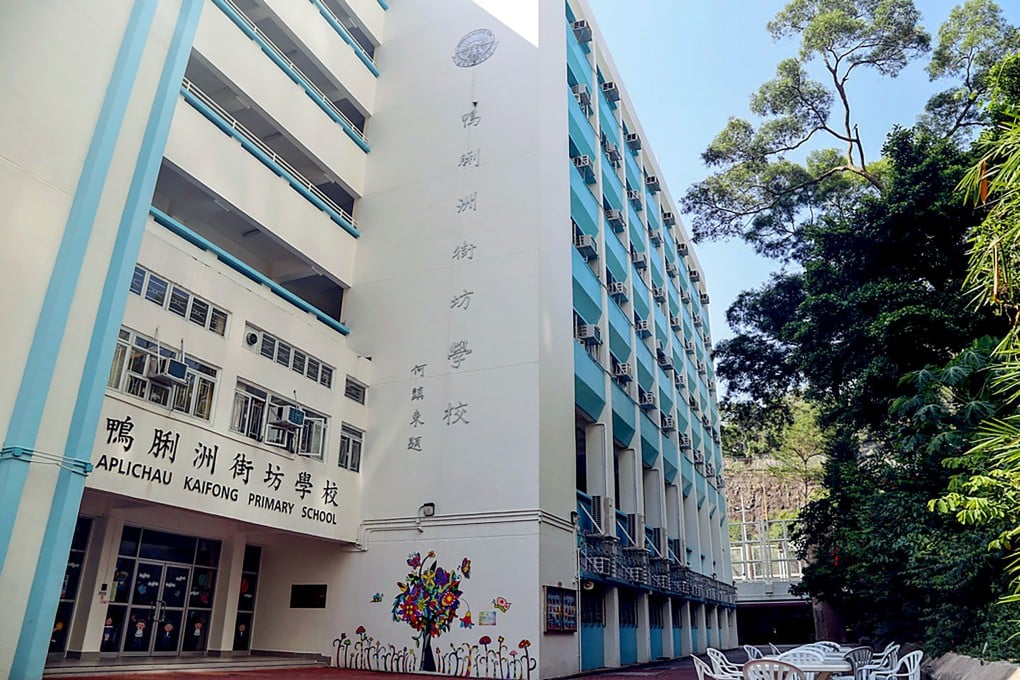Letters | Hong Kong must think small when it comes to class sizes
Readers discuss coping with the drastic fall in student numbers, tapping technology to improve road conditions, and making public transport pet-friendly

In contrast to local schools, international schools in Hong Kong are known for their small class sizes, personalised support and superior facilities. These institutions often follow globally recognised curriculums like the International Baccalaureate, emphasising critical thinking, creativity and global citizenship.
While local schools focus on traditional qualities like discipline and competitiveness, international schools provide a more diverse and inclusive environment. However, the higher costs associated with international schools limit accessibility for many families.
Hong Kong’s education system remains heavily exam-oriented. This has led to a culture where students are often reduced to rote learning, with little room for creativity or critical thinking.
The government’s hesitation with regard to adopting smaller classes in public schools is understandable, given concerns about resource efficiency and cost-effectiveness. However, smaller classes can lead to better learning outcomes and improved mental health as students receive more individualised attention and support.